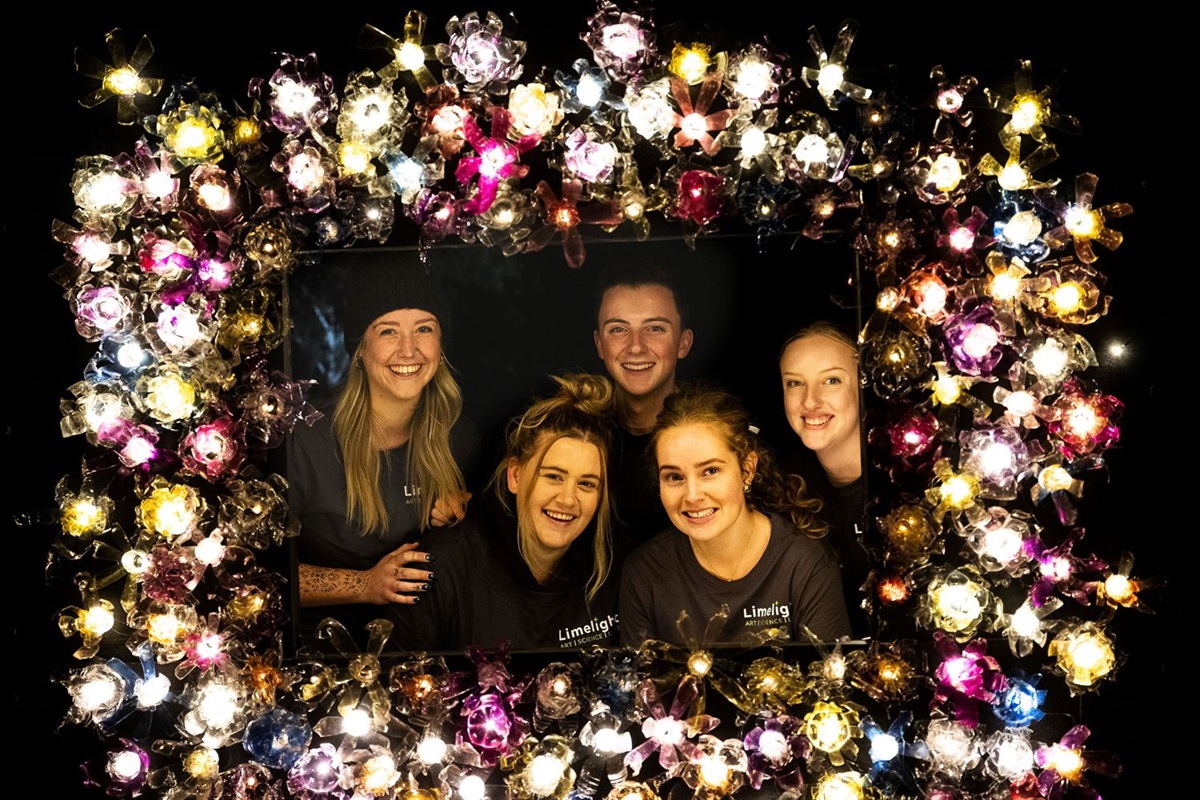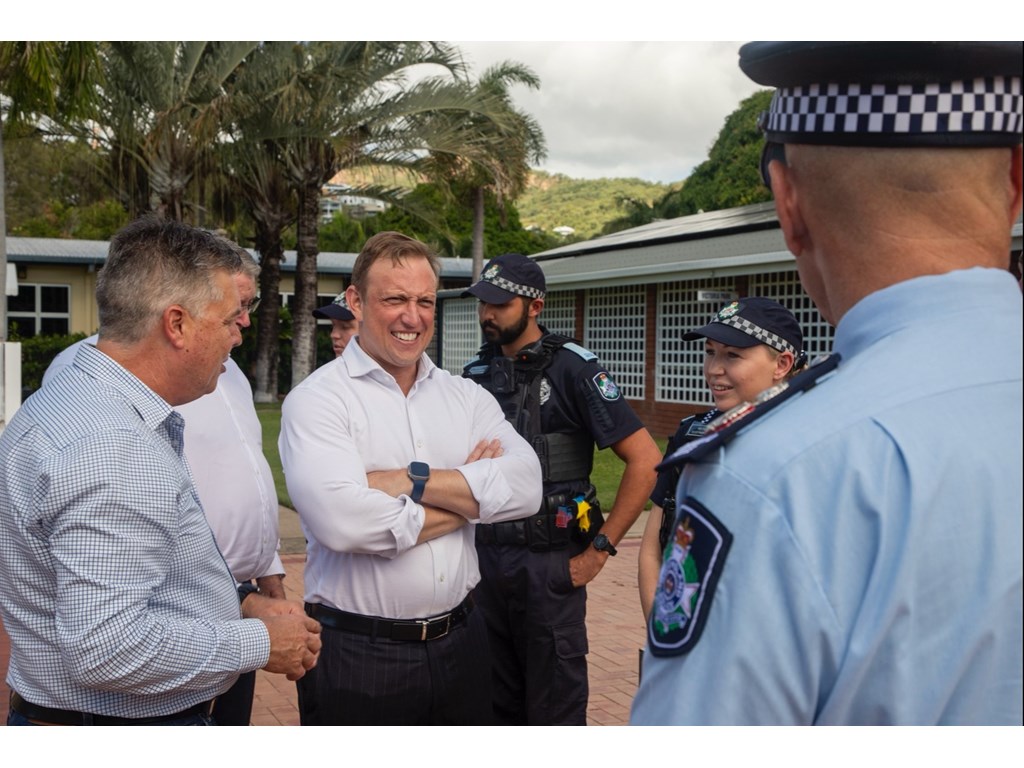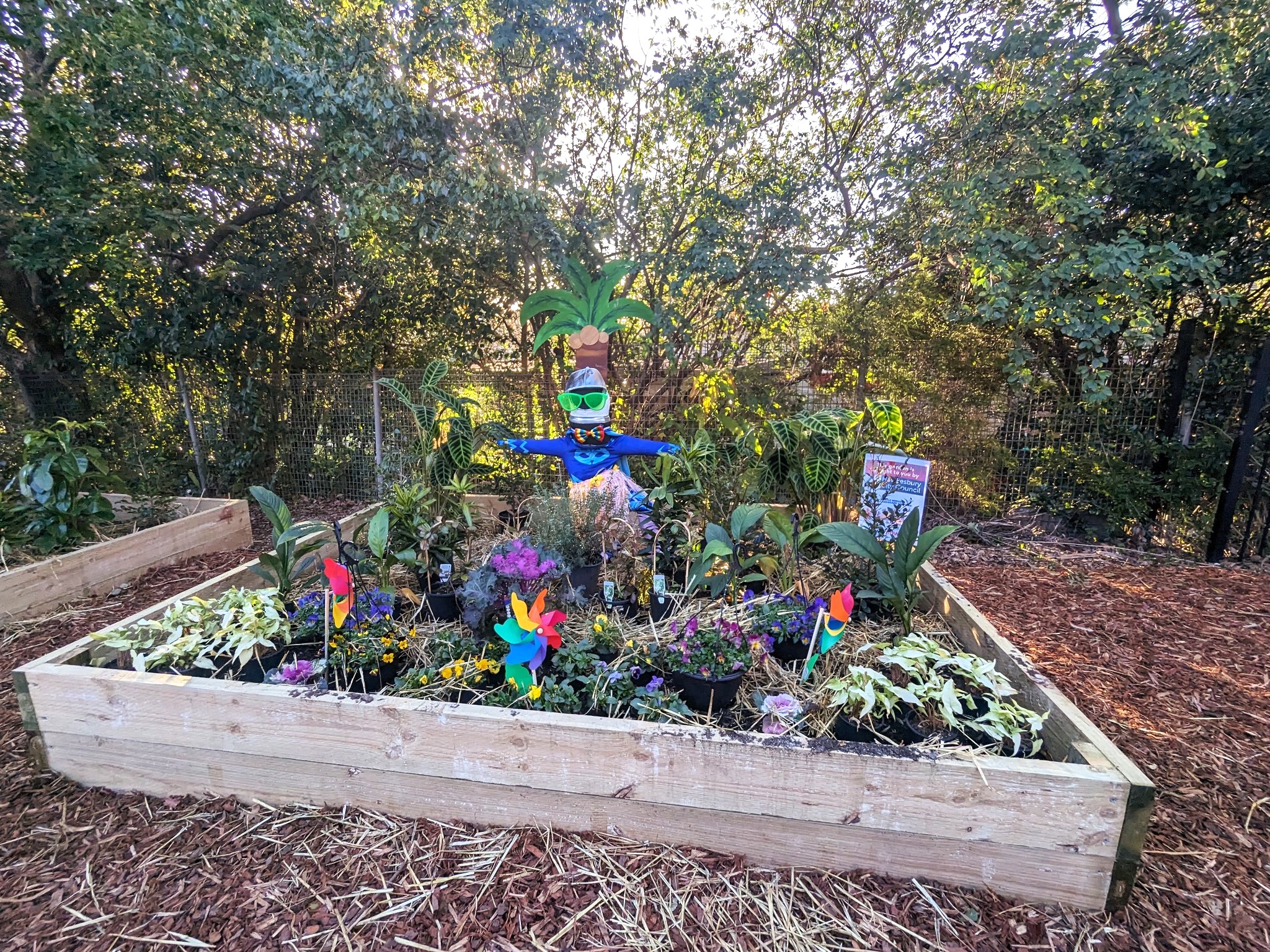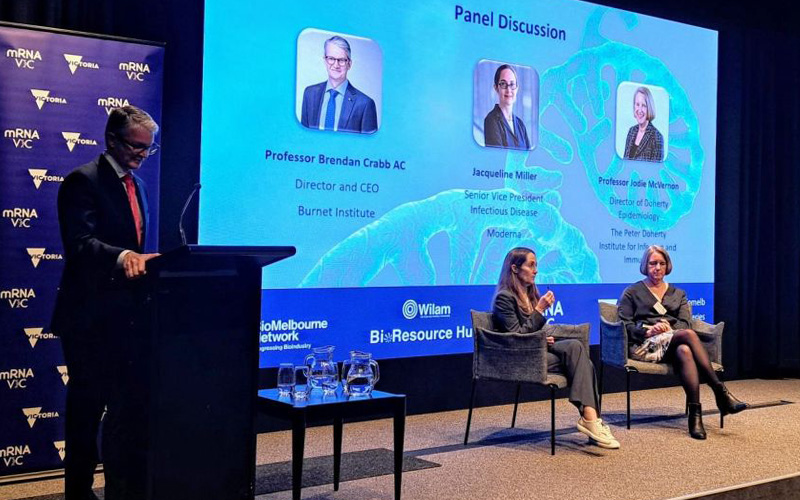UNSW Sydney researchers have secured funding for 24 innovative projects in the latest National Health and Medical Research Council funding round.
Research to prevent domestic violence, to improve diagnosis of autoimmune diseases and to reduce road traffic injuries are some of the UNSW Sydney projects to share in more than $41.6 million in National Health and Medical Research Council (NHMRC) Investigator Grants announced today.
UNSW Medicine & Health was awarded a total of 22 grants worth $38.5 million, a UNSW Science project received $2.4 million and a UNSW Engineering project was granted $700,000. The five-year grants foster creative and pioneering research by giving recipients the opportunity to establish new innovative programs that explore emerging research ideas.
Grants were made to UNSW schools, centres and within affiliated medical research institutes, including the Garvan Institute of Medical Research and The George Institute for Global Health.
Federal Health Minister Mark Butler announced more than $379 million for 216 Investigator Grants – NHMRC’s largest scheme for the highest performing researchers at all career stages.
UNSW Deputy Vice-Chancellor, Research & Enterprise, Professor Nicholas Fisk commended all 24 UNSW recipients, describing it as a strong result for the University with the third highest number awarded nationally.
“UNSW congratulates its researchers on securing so many of these prestigious and innovative five-year NHMRC awards, which enable ground-breaking personalised medicine R&D,” Prof. Fisk said.
The grants awarded to UNSW academics include:
Professor Tony Butler at the School of Population Health, UNSW Medicine & Health, was awarded $ 2,897,165 for ‘Violence and domestic violence prevention using new insights, approaches, and data sources’.
Associate Professor Elissa Deenick at the Kirby Institute and the Garvan Institute of Medical Research, UNSW Medicine & Health, was awarded $2,897,165 for ‘A new strategy to transform classification and treatment of autoimmune diseases’. The aim of this project is to improve treatments of these diseases by developing personalised therapies that specifically target the origin of someone’s disease, rather than treating the symptoms or suppressing the immune system.
Professor Jake Baum from the School of Biomedical Sciences, UNSW Medicine & Health, received $2,897,165 for ‘Next generation malaria vaccines targeting the parasite cell surface’. Professor Baum’s team seeks to understand the life cycle of the Plasmodium parasite and identify weak points that a vaccine could target.
Professor David Peiris from The George Institute for Global Health, UNSW Medicine & Health has received $2,897,165 for ‘A National Continuous Quality Improvement Program for Chronic Conditions in partnership with the Aboriginal Community Controlled Health Service Sector’. The program will be evaluated to assess its health and economic impacts over three years with the goal of establishing a case for long-term investment by the Australian Government.
Professor Virginia Wiseman, from the Kirby Institute, UNSW Medicine & Health, was granted $2,769,655 for research to use health economics and health systems research to improve access to testing and treatment for infectious diseases of global importance.
Professor Herbert Herzog from The Garvan Institute, UNSW Medicine & Health has received $2,753,040 for a study on the critical brain pathways responsible for obesity-related diseases and identifying the most promising targets that will help to reduce body weight and fat mass particular under increased stress.
Professor Tri Phan from The Garvan Institute, UNSW Medicine & Health, has received $2,697,165 for ‘Niche-specific control of B cell fate by macrophages in health and disease’. Prof. Phan received the grant to image immune cell interactions as they unfold in the dark spaces deep inside the body’s tissues.
Professor Julie Brown from The George Institute for Global Health, UNSW Medicine & Health has received $2,494,791 for ‘Preventing Road traffic injury through optimised use of safety technologies’. A/ Prof. Brown’s research builds on ten years of identifying risk and designing prevention measures, to achieve optimal use of safety equipment in the restraints for child passengers and older car occupants as well as protective clothing and helmets by motorcyclists.
Associate Professor Irina Voineagu from the School of Biotechnology & Biomolecular Sciences at UNSW Science was awarded $2,369,655 for ‘Gene expression regulation in brain disorders: from mechanisms to therapeutics’.
Professor Susan Clark from The Garvan Institute, UNSW Medicine & Health, has received $2,253,040 for ‘Defining the Impact of Epigenome Remodelling in Cancer.’ Prof. Clark’s project will use advanced sequencing technologies to explore how alterations in the 3D structure of the ‘epigenome’ – the layer of instructions that organises and regulates DNA’s activity – can lead to harmful gene activity within cancer cells.
Scientia Professor Anthony Kelleher from the Kirby Institute at UNSW Medicine & Health has received $2,000,000 for ‘Harnessing RNA viral variability to end RNA viral pandemics’. Prof. Kelleher’s research will apply sophisticated cellular and molecular immuno-virological techniques to address critical clinical and public health challenges.
Associate Professor Marina Pajic from The Garvan Institute, UNSW Medicine & Health, has received $2,000,000 for ‘Understanding and targeting tumour stroma co-evolution in pancreatic cancer progression: a new paradigm of precision medicine’. A/ Prof. Pajic is pioneering precision medicine-guided therapies to treat pancreatic cancer, one of the deadliest cancers.
For a full list of recipients, read about the 2023 NHMRC Investigator Grant awards.








